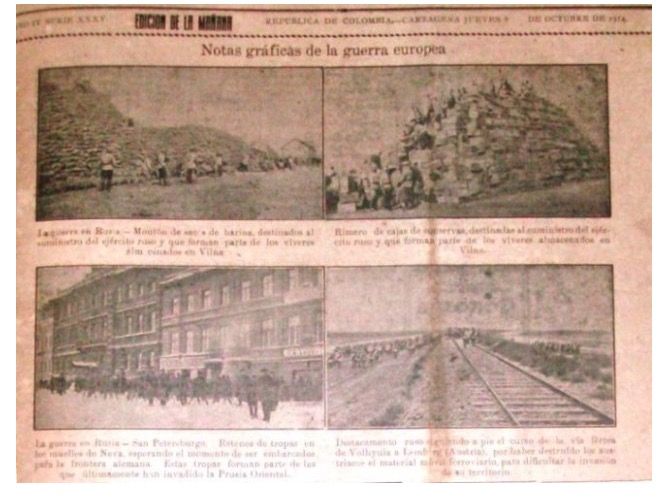Abstract
International organized crime is one of the principal and common threats facing Latin America and the Caribbean. More over, security cooperation is one of the most effective measures to combat this threat. The hemisphere police forces have implemented policies of international cooperation, such as the colombian case, but also have been dashed their actions as result of institutional weakness, as centroamerican case. To address this problem, these forces have been encouraged to use the training and exchange of police information through international organizations like Ameripol. This paper presents the factors that affect this cooperation regarding the multidimensional approach to hemispheric security as the main framework.
This work is licensed under a Creative Commons Attribution-NonCommercial 4.0 International License.
Copyright (c) 2021 Memorias


